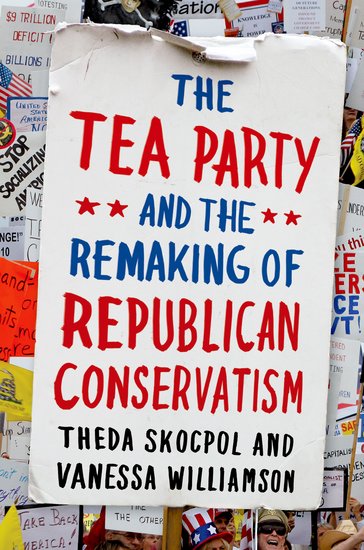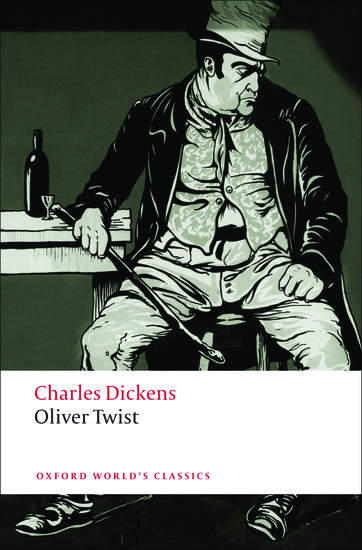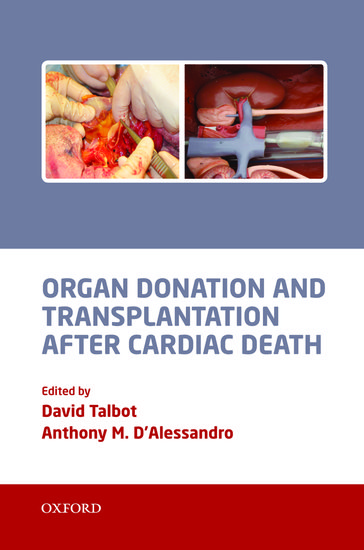Questions about the Tea Party
In the The Tea Party and the Remaking of Republican Conservatism, Harvard University’s Theda Skocpol and Vanessa Williamson go beyond images of protesters in Colonial costumes to provide a nuanced portrait of the Tea Party. We asked Vanessa Williamson about her research, and what was behind the grassroots protests and national movement.




















